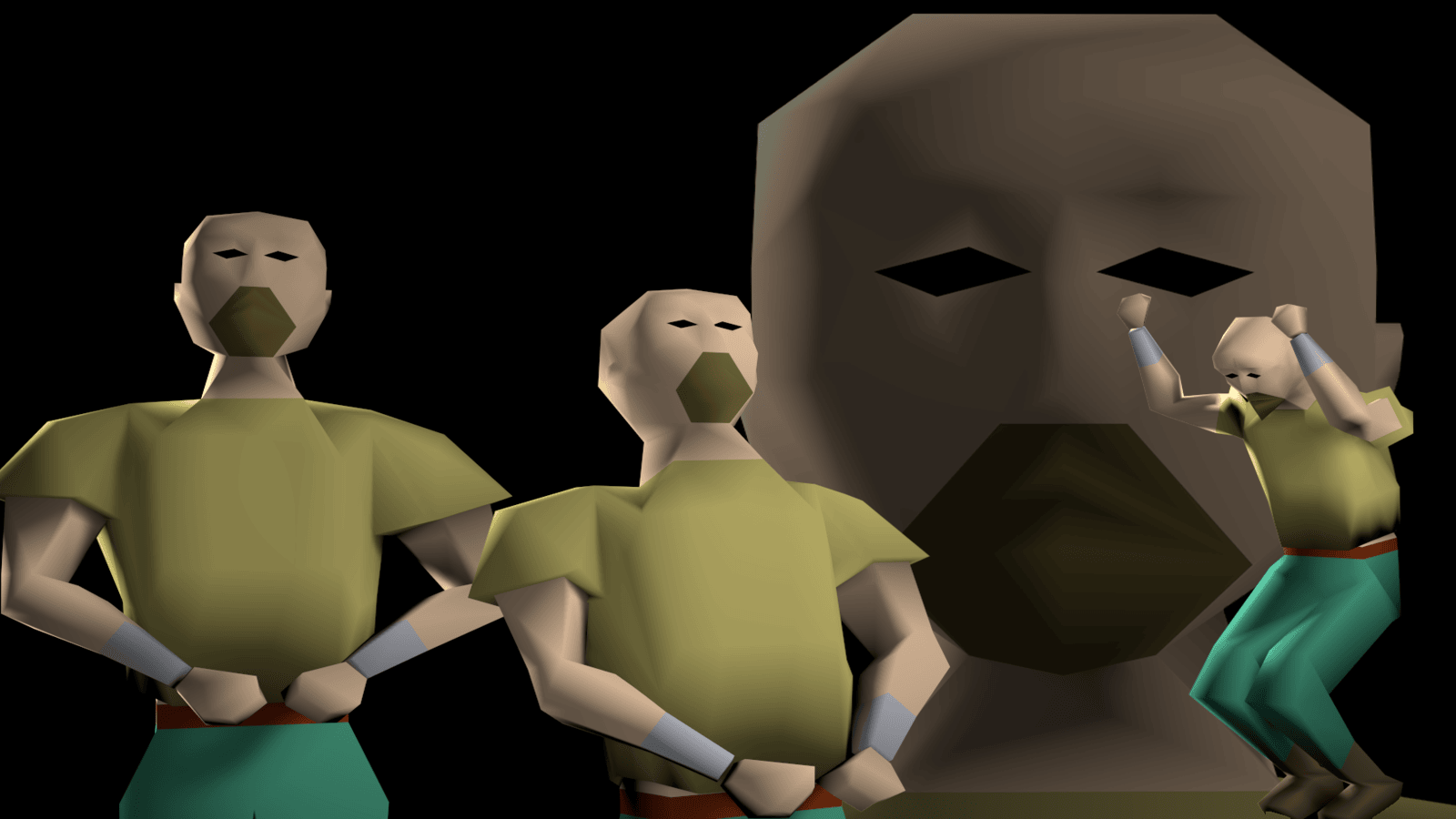Why Do New MMORPGs Emerge Only To Die, While The Old Ones Continue To Flourish?
It says everything about the state of the genre today...

I woke up today and read two news articles about MMORPGs. One was about New World shutting down two server regions: AP Southeast and SA East. The other was about Final Fantasy XI locking its biggest server due to an influx of new players, sparked by a surprising surge in popularity. For context, New World launched in 2021; while Final Fantasy XI has been around since 2002. That is a 21-year-old game now gaining new attention, while a modern MMO is gasping for air.
We are in strange times when it comes to this genre. For the past decade, MMO players have been waiting for something new to breathe life back into the scene. And yet every so-called “next big thing” either disappears quietly, collapses under its own hype, or fades into irrelevance just a few months after launch. Titles that resemble this pattern in one way or another include Throne and Liberty, Corepunk, Bless Unleashed, Pax Dei, Chrono Odyssey, Elyon, Tower of Fantasy, and Blue Protocol. The list of flops and fizzles continues to grow every single year.
It is not merely that these games fail — it is the way they fail. They launch with clunky, unresponsive combat. They market themselves as open worlds full of player freedom, yet deliver carefully gated systems with endless daily checklists. They declare themselves “next-gen,” but copy outdated mechanics from 15-year-old MMOs — and usually execute them worse. The end result is exhausting, especially for players who just want something fresh and fun.
Meanwhile, the actual top 10 MMOs — the ones players still log into day after day — have remained mostly unchanged for over a decade. World of Warcraft, Final Fantasy XIV, RuneScape, Black Desert Online, Guild Wars 2, The Elder Scrolls Online, EVE Online — these games are ancient by gaming standards. That is not the mark of a vibrant and evolving genre. That is stagnation, plain and simple.
Now, I do not believe developers are entirely to blame. Making an MMO is one of the most difficult and expensive undertakings in game development. They take years to build, cost an incredible amount to maintain, and are up against competition with decades of content and deeply rooted communities. Players are understandably hesitant to invest time and money in something new when their old characters still have unfinished goals, achievements, and friends tied to those long-standing worlds. It makes perfect sense. Starting over is a huge gamble — and unfortunately, most new MMOs do not even survive their first year, even if they do not technically shut down.
Part of the problem, in my opinion, is that MMO design has drifted in the wrong direction. Many developers now prioritize mobile compatibility and monetization over gameplay depth. Progression systems are engineered to be frustrating on purpose, just so that the game can sell you the solution in its cash shop. Cosmetic systems, like transmog — once a fun, optional feature — have been monetized to the point where looking cool in-game is often locked behind paywalls. The idea of visual progression feels meaningless if you are constantly being asked to open your wallet.
Catch-up mechanics, though helpful in theory, often render your hard-earned gear and accomplishments obsolete within a patch or two. Expansions overwrite old zones and systems instead of building on them. The entire experience becomes a sprint to max level, a checklist of chores, a moment of boredom, and then a wait for the next patch to make your efforts feel useful again. That is not the MMO experience many of us signed up for years ago.
Maybe that is the answer: to stop expecting MMOs to evolve into something they were never meant to be. Perhaps the genre's golden age already came and went, and instead of chasing the next revolution, we should try to appreciate what already exists — the games that still work, the ones that still bring people joy, even decades later.
That is not to say innovation is impossible. I still believe there is room for bold, exciting new ideas. But my expectations are different now. If a new MMO delivers, that is fantastic. If it does not, there are still plenty of older titles worth revisiting. In a way, that is comforting.
Don’t get me wrong, I am still desperate for the next big new MMO. But at least we have old ones that are still flourishing. So maybe, for now, that is enough.
Related Articles
About the Author

Matthew “dinofries” D'Onofrio is a writer, content creator, podcaster and — most importantly — a gamer. With such a strong passion for video games and a severe case of FOMO, it's no surprise he always has his finger on the pulse of the gaming world. On the rare occasion Matt's away from a screen, you'll find him strumming away on his acoustic guitar or taking care of his cat Totoro.
More Stories by Matthew D'OnofrioRead Next

Feature
The Argument For RPG Mascots
Yeah, sure they can be annoying. But they do serve a purpose.
You May Enjoy

These eight characters are getting some serious changes for the Season 6 launch.

You still have to wait a bit if you want it on Steam.

The test will include new Aniimo, regions, systems, and gameplay modes.

The rules cover everything from expansions to how quickly players should be able to gain experience.
Discussion (0)